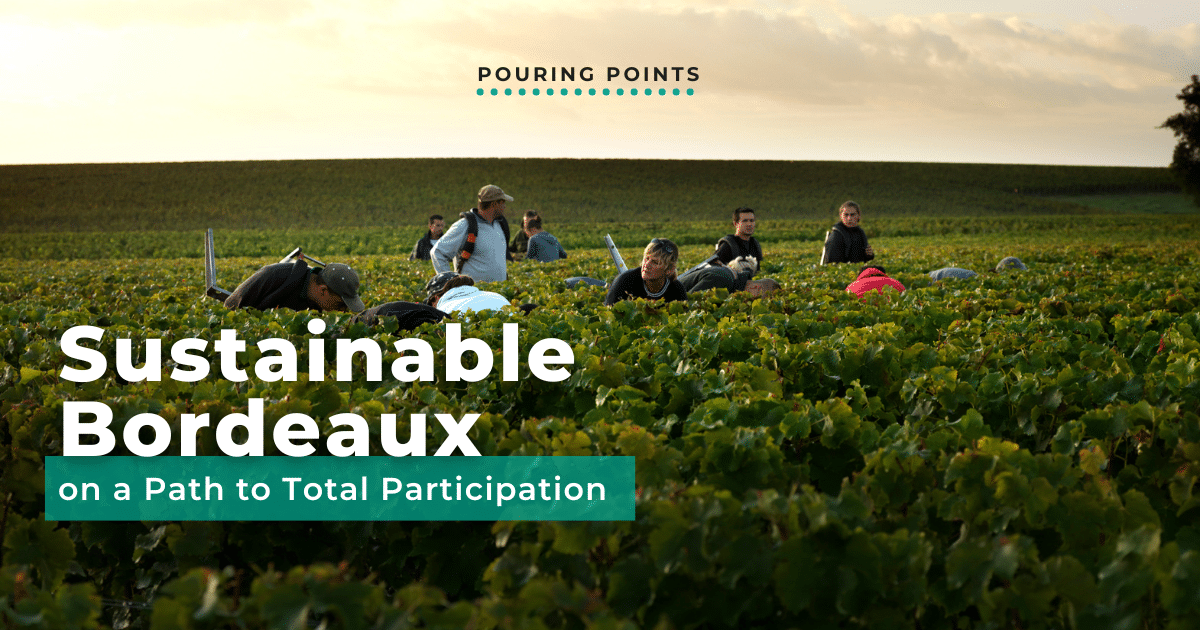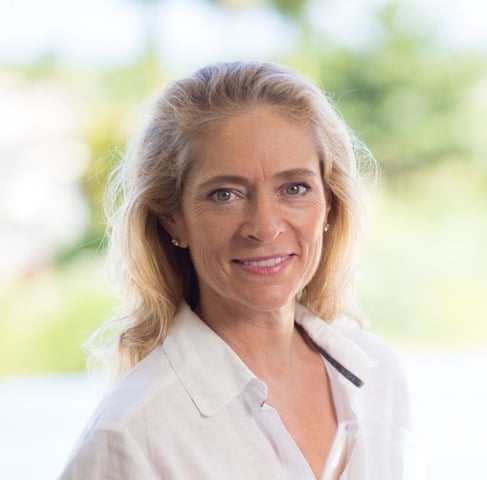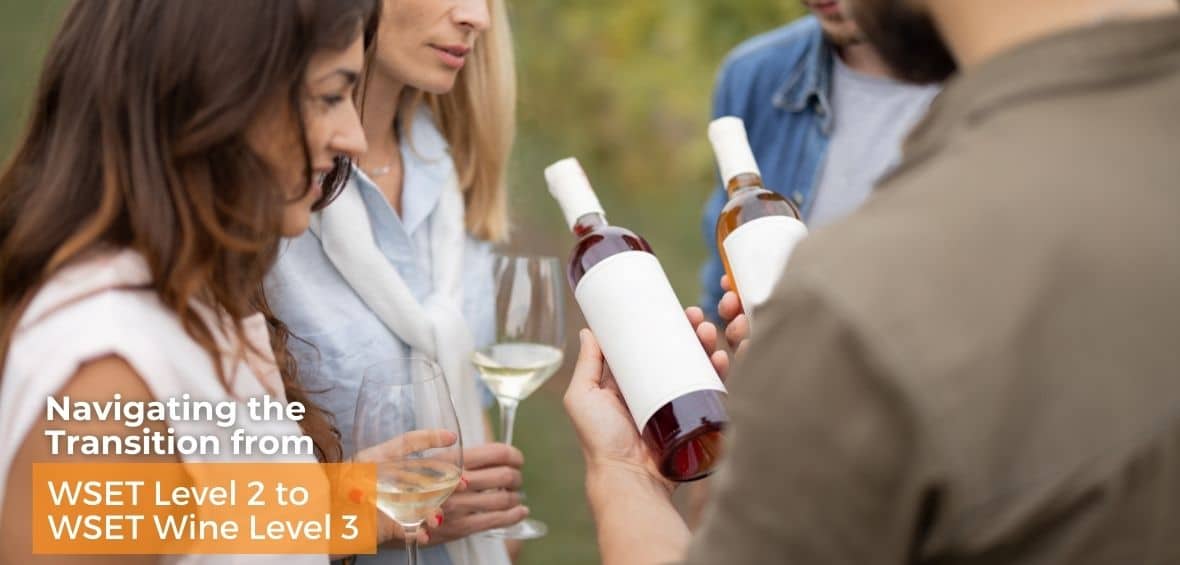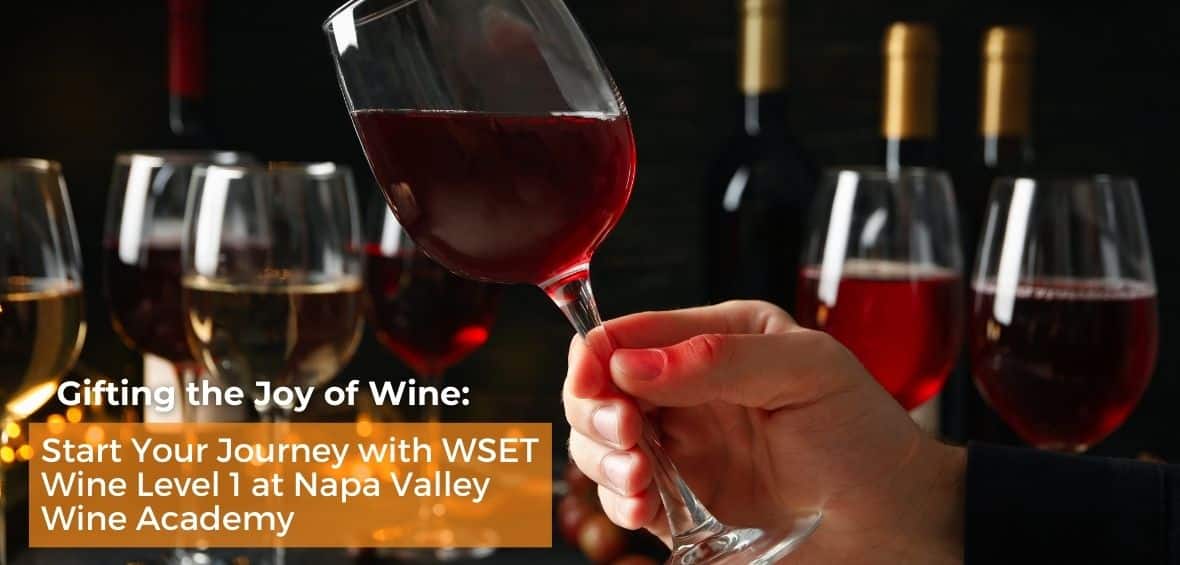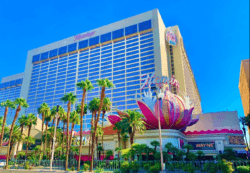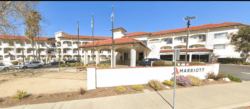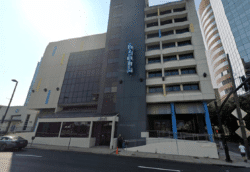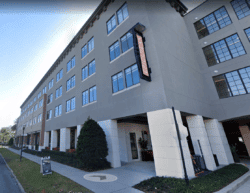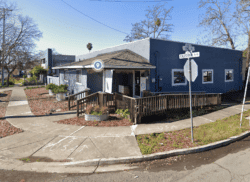Bordeaux has set its sights on achieving sustainability practices from 100% of wineries by 2030.
In 2022, the CIVB (Bordeaux Wine Council) announced 75% of the Bordeaux vineyard was under sustainable certification (up from 65% in 2019).
With 5,424 vineyards covering over 108,000 hectares (266,874 acres), Bordeaux has the highest area of certified organic vines in France—almost 20,000 hectares (49,000 acres) in 2020—the highest number of growers certified HEV (the government certification ‘Haute Valeur Environnementale’) and the highest number of Demeter biodynamic labels.
As the majority of Bordeaux properties are family owned, the notion of stewardship, looking after the land and passing it down to the next generation, makes them well aware of the importance of sustainability, both environmental and financial.
Is organic sustainable?
Bordeaux’s damp oceanic climate is a challenge, and fungicides are vital. The traditional Bordeaux mixture of copper and sulphur is allowed in organic agriculture, but these treatments are easily washed off in damp weather and need re-applying more regularly than systemic treatments. Sending a tractor through the vines more often increases the carbon footprint of the vineyard, as well as being cash and labor-intensive.
In sustainable certifications, certain synthetic inputs are permitted in a controlled, limited, and measurable way. Sustainable certifications argue that they go beyond just controlling chemical inputs, including social sustainability, carbon footprint, packaging, etc. It’s a vast subject.
Sustainable solutions include better disease modeling, soil and canopy management, increasing biodiversity through agro-forestry, and the more controversial initiative of introducing more heat-resistant grape varieties on an experimental basis to the Bordeaux and Bordeaux Supérieur appellations.
Tilling the land between vines reduces the need for herbicides but can encourage erosion and damage the soil structure. Planting cover crops between vines and plowing in this ‘green fertilizer‘ is a solution, but cover crops can also encourage humidity.
Diversity
French sustainability labels and certifications are confusing, ISO, HEV, Terra Vitis, Bio (organic), Biodynamic, agro-forestry, etc. Some vineyards will have several.
Expense and expertise
Certifications reassure consumers, though they come at a cost, implementation, membership fees, and auditing. It’s challenging for time and cash-poor smaller producers. Only 5% of Bordeaux properties are in the elite classified growth category.
Strength in numbers
In 2020, the CIVB (Bordeaux Wine Council) introduced the SME (‘Système de Management Environnemental’, or EMS – Environmental Management System) to help. Members share the expense and resources, compare progress and find solutions to common problems across input reduction, water management, energy consumption, carbon footprint, biodiversity, the working and living environment, and employee engagement. In the first-year pilot, 28 companies started the adventure, by 2018, 800 companies had signed up.
Bordeaux winemakers are used to working together within their appellations. Many appellations already include environmental constraints in their directives. As of January 1, 2023, an environmental certification is obligatory for the AOC status in Saint-Émilion. The Medoc, Haut Medoc, and Listrac appellations will also require every grower to have at least an HEV level to qualify in 2023.
In February of 2020, the Crus Bourgeois announced its latest classification, reintroducing the historic three-tier system, and making engagement in an HEV Level certification a qualifying criterion. By 2025, certification at a HEV Level 2 or Level 3 will be mandatory.
Château Grand Corbin-Despagne was a member of the first Bordeaux SME, gaining ISO 14001 and HEV3 (High Environmental Value, Level 3) certification in July 2013. François Despagne is the seventh generation at the Château; he can trace his family in Saint-Émilion back to the 13th century. When he took over in 1996, no herbicides had ever been used at this Classified Growth, and he has farmed sustainably ever since. The property was certified Terra Vitis in 2005 by AFAQ-AFNOR. In 2004, he started organic trials, converting fully in 2010, obtaining Organic certification in 2013. Since 2018, he has been experimenting with biodynamics.
In 1992, Bérénice Lurton took over Château Climens in Barsac at 22 years old, having grown up at the family vineyard of Brane Cantenac in Margaux. She introduced biodynamics in 2010, after tasting the wines at Chateau Pontet-Canet, the first 1855 classified growth to become certified biodynamic.
It was a revelation, sensorially and intellectually, inspiring her and Frédéric Nivelle, director of winemaking and viticulture. It answered two challenges, the environmental challenge (regenerating the soil, preserving the natural environment, and protecting the humans that work in it) and improving the quality (reinforcing the expression of the terroir, the sense of place through the wine).
Although they had already stopped using herbicides, the first years were hard. The variable Bordeaux climate is more difficult in Barsac and Sauternes. Given this high risk of fungal diseases, Lurton believes biodynamics is better than organic agriculture, offering natural solutions and tools that help the vines and the soil. The attention to detail needed in biodynamics creates great wine. For her, regenerative rather than sustainable agriculture is key and certification is important for her to justify and prove the work in the vineyard.
In 2011, they started with Biodyvin, gaining certification in 2014, while obtaining organic certification in 2013. In 2017, they were Demeter-certified.
The size of Bordeaux, diversity of terroir, microclimates, ownership structures, philosophies, and financial constraints all add to the sustainability challenge. There’s no one size fits all solution, which partly explains the plethora of labels and certifications. Economic sustainability, carbon footprint, biodiversity, packaging and social responsibility are areas that certifications prioritize differently. This allows winemakers to find a certification that reflects their own priorities and constraints.
The result is the percentage of certified sustainable wineries across Bordeaux continues its upward trajectory of growth. The stated aim is to reach 100% in 2030. Look out for those labels.

